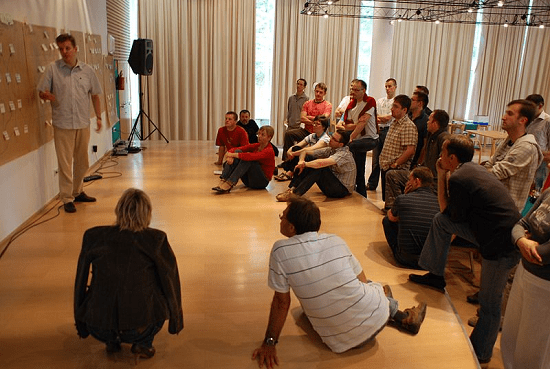Case Study vs Experiment
Case studies and experiments are two distinct research methods used across various disciplines, providing researchers with the ability to study and analyze a subject through different approaches. This variety in research methods allows the researcher to gather both qualitative and quantitative data, cross-check the data, and assign greater validity to the conclusions and overall findings of the research. A case study is a research method in which the researcher explores the subject in depth, while an experiment is a research method where two specific groups or variables are used to test a hypothesis. This article will examine the differences between case study and experiment further.
What is a Case Study?
A case study is a research method where an individual, event, or significant place is studied in depth. In the case of an individual, the researcher studies the person’s life history, which can include important days or special experiences. The case study method is used in various social sciences such as sociology, anthropology, and psychology. Through a case study, the researcher can identify and understand the subjective experiences of an individual regarding a specific topic. For example, a researcher studying the impact of second rape on the lives of rape victims can conduct several case studies to understand the subjective experiences of individuals and social mechanisms that contribute to this phenomenon. The case study is a qualitative research method that can be subjective.
What is an Experiment?
An experiment, unlike a case study, can be classified as a quantitative research method, as it provides statistically significant data and an objective, empirical approach. Experiments are primarily used in natural sciences, as they allow the scientist to control variables. In social sciences, controlling variables can be challenging and may lead to faulty conclusions. In an experiment, there are mainly two variables: the independent variable and the dependent variable. The researcher tries to test their hypothesis by manipulating these variables. There are different types of experiments, such as laboratory experiments (conducted in laboratories where conditions can be strictly controlled) and natural experiments (which take place in real-life settings). As seen, case study methods and experiments are very different from one another. However, most researchers prefer to use triangulation when conducting research to minimize biases.
Key Takeaways
- Case studies are in-depth explorations of a subject, providing qualitative data, while experiments test hypotheses by manipulating variables, providing quantitative data.
- Experiments are primarily used in natural sciences, whereas case studies are primarily used in social sciences.
- Experiments involve testing the correlation between two variables (independent and dependent), while case studies focus on exploring a subject in depth without testing correlations between variables.
